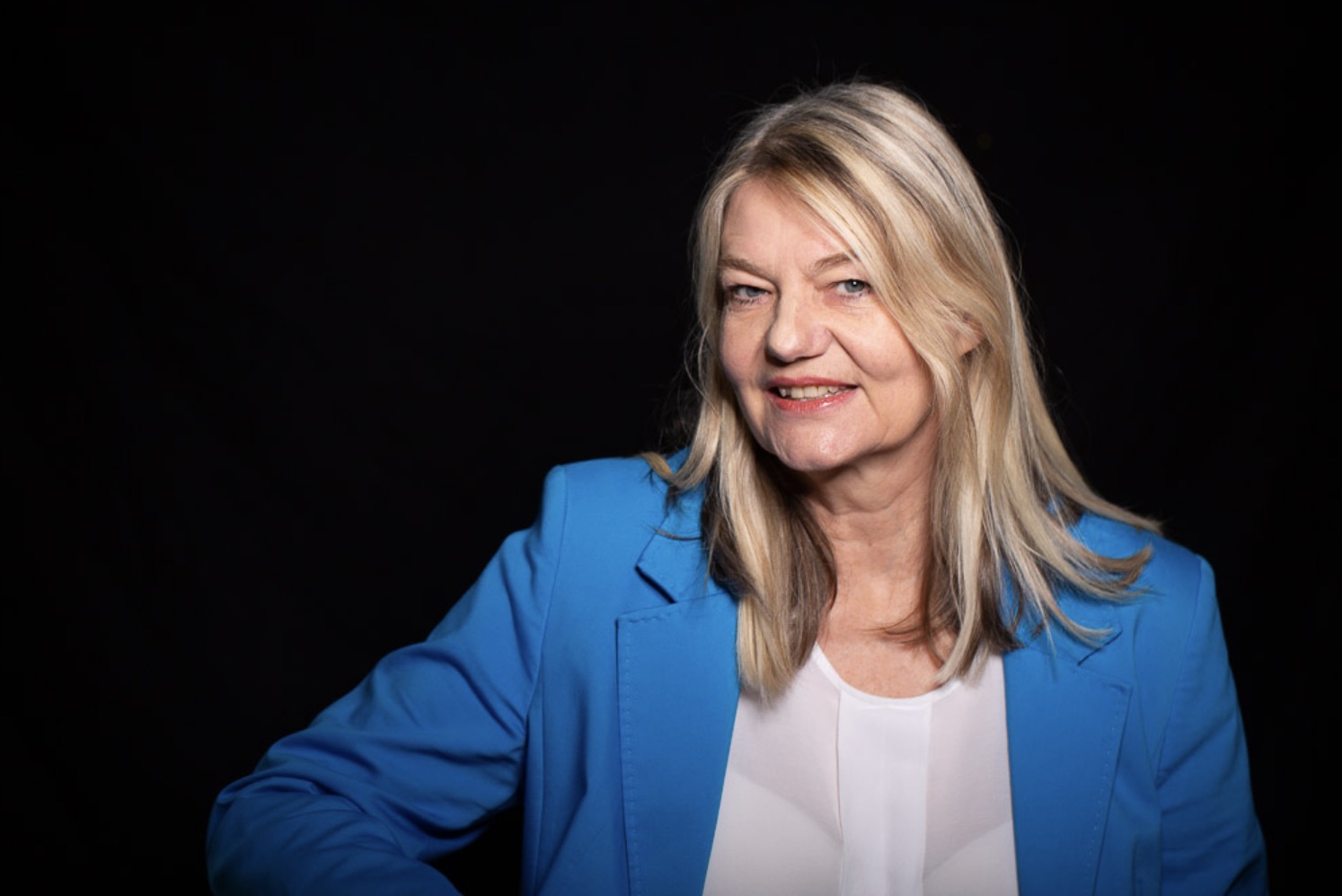Quiet Strength – My Journey as a Woman in Tech
When I entered the workforce in the 1980s, I quickly realized: I was different. And that was a good thing – though not always an easy one. In a world shaped by masculine norms, it was clear that qualities like empathy, intuition, and collaborative thinking had little place in the prevailing definition of success.
I never tried to be a man – I knew from the start that wasn’t my path. But for a long time, I believed I had to hide my strengths in order to be taken seriously. The tech world back then was loud, logical, and competitive – while I was quiet, holistic in my thinking, and focused on connection.
What grounded me was my technical expertise. Software development was my craft – my anchor. But on a relational level, I often felt overlooked. Not because I was less capable, but because I was different.
Over time, I came to understand: My difference is not a weakness – it is my contribution. My feminine qualities are not footnotes on a résumé – they are the foundation for a new kind of leadership and innovation.
Today, I create spaces where women can discover and develop their unique abilities. In webinars and group coaching programs, we foster exactly what traditional career models often neglect: trust, community, and emotional intelligence.
Because the digital age doesn’t just need technology – it needs humanity.
And that’s where we women come in.

I’m Uta Kapp – and I stand for a future where feminine qualities are not adjusted, but embraced.
Uta Kapp
Telefon +49-711-2384024
Email uta.kapp@allscout.de
The Feminine as a Force for the Future
My aha moment came during a community event for programmers. I was giving a talk on diversity – and to my surprise, over 80% of the audience were women. Some of my male colleagues were visibly astonished. But for me, that evening marked a turning point. I realized: Women want to be part of the tech world – they simply run into invisible barriers.
I spoke about the power of diverse teams – across cultures, languages, generations, and genders. And I saw that this message didn’t just resonate intellectually – it touched people emotionally. Because when we truly embrace diversity, we create space for innovation and for humanity.
My own story of diversity began early. At the age of seven, I moved with my parents to Namibia. I studied in three languages and was immersed in a wide range of cultures. This layered perspective shaped me deeply – as did my first job at Bosch in Stuttgart at age 21. I was the only woman among 70 engineers at the introductory seminar. That had become my “normal.” But that night, I saw clearly: it should not be.
Diversity is not a goal to be managed – it is a movement to be led.
And it starts by opening doors for women in tech – not by asking them to adapt, but by encouraging them to contribute. After all, half the world’s population cannot be left out of shaping the future.
My Journey to Feminine Power
That evening, one question took root in me: How can we empower women to find their unique place in tech?
Many women are less drawn to technology itself – and more to what it can do. To connection. To collaboration. To meaning. That was true for me as well: I found my path through Scrum and agile methodologies – not just as tools, but as bridges between technology and humanity.
But what is feminine power? And how does it differ from the more traditional – often masculine – model of leadership?
To explore that, I set out on a journey of discovery. I listened to hundreds of women. I learned. I reflected. One of my greatest teachers was Claire Zammit. Through her, I came to understand that feminine power is not the opposite of technology – it is its essential complement. She helped me see the creative potential that lies in the feminine – and how we can consciously cultivate it.
Today, I pass that knowledge on – to women ready to claim their space in the digital world. Not through adaptation, but through presence. Not through competition, but through connection.
Because the digital world needs the human.
And the human needs the feminine.
